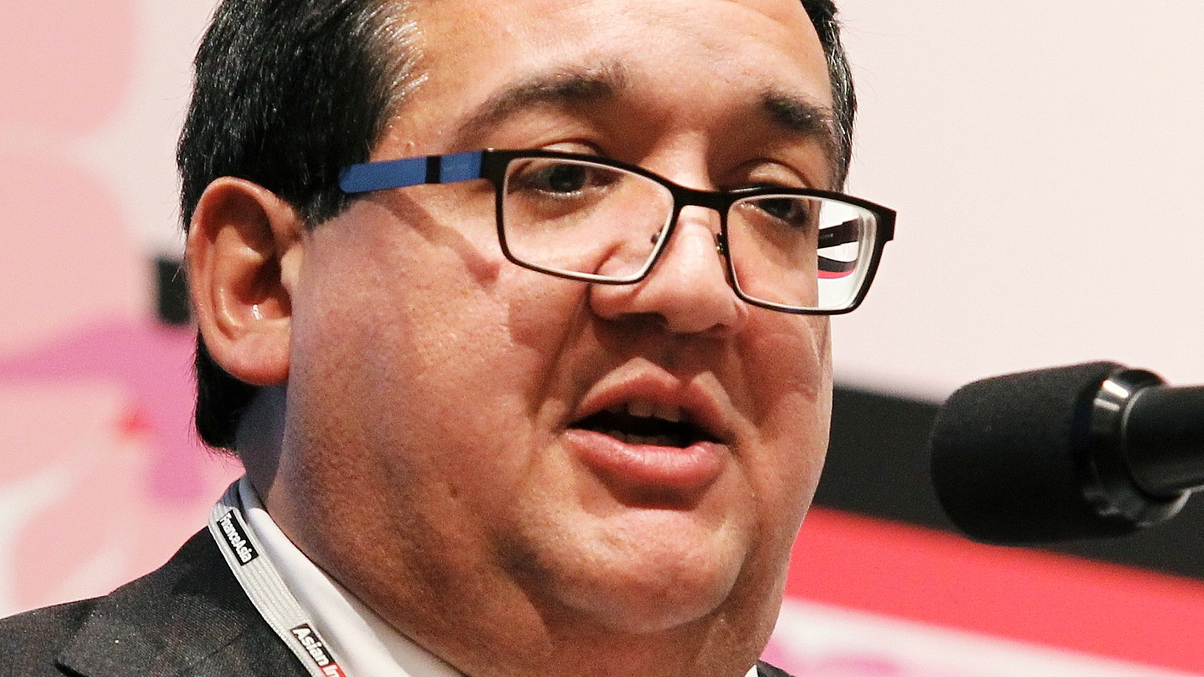HostPlus funds China private-equity mandate
The Australian superannuation scheme makes its first Asia-dedicated private investment via funds-of-PE-funds manager Siguler Guff.

The A$10 billion Melbourne-based superannuation fund HostPlus has made its first China-dedicated private-equity investment, giving a A$100 million mandate to New York-headquartered private-equity fund house Siguler Guff.
Sign in to read on!
Registered users get 2 free articles in 30 days.
Subscribers have full unlimited access to AsianInvestor
Not signed up? New users get 2 free articles per month, plus a 7-day unlimited free trial.
¬ Haymarket Media Limited. All rights reserved.


